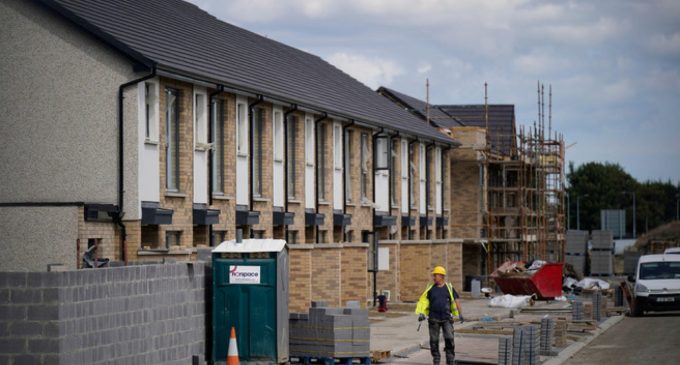Irish Housing Faces Stricter Environmental Regulations, Posing Financial Challenges for Developers, Says ESRI Study

Irish Housing Projects face more rigorous environmental regulations compared to their counterparts in the UK, adding an additional financial hurdle for developers. A recent study by the ESRI examining housing supply in Ireland, Northern Ireland, and the rest of the UK revealed that Ireland imposes stricter environmental standards, contributing to what stakeholders label as “soft costs.” These regulations and standards, rather than differences in construction product prices, are identified as the primary factors driving up expenses. Although material costs have risen more sharply in the UK, overall costs remain lower there.
The ESRI report emphasizes that while these regulations create an added cost barrier, it is more likely that other regions will align with Ireland’s stringent environmental standards rather than relaxing their own requirements. The minimum specifications for new developments in Ireland are also contributing to increased costs, with Irish houses generally larger than their counterparts in England.
According to the report, administrative burdens and delays are associated with increased costs. Judicial review cases in Ireland can reportedly add between €10,000 and €20,000 to the cost of an individual home. Additionally, the ease with which individuals or third parties can appeal housing plans contributes to a significant number of homes being stuck in the planning system.
The ESRI report suggests a need for greater regulation in land markets to counter speculation impacting land prices and, consequently, the overall cost of housing. It calls for the establishment of an official land price series to track and compare land values over time and on a regional basis.
The study also points out challenges in attracting workers to the construction sector in both Ireland and the UK. Recruitment methods may need to adapt by hiring trainees, apprentices, or attracting skilled workers who have left the industry. However, the report notes that this is a more pressing concern for Northern Ireland and the UK due to Brexit, which is complicating net immigration into the UK.
Regarding financial aspects, the traditional financial sector in Ireland appears inadequate to meet the credit demands necessary for housing activity. The report identifies financial viability as a significant issue in the private construction sector, particularly for apartment construction. Consequently, ongoing government investment is deemed necessary to ensure the addition of a specific number of units each year to the social and affordable housing stock. The report concludes that increased government investment is one way to address issues stemming from changes in credit provision by financial institutions post the financial crisis.







